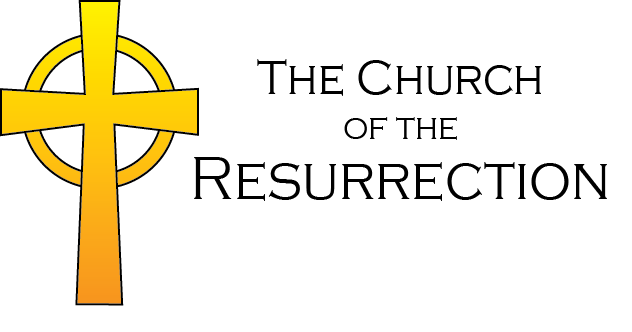This has been simmering in my mind since Steve’s ordination (which I hated to miss). What is Steve now? What do we call him? I will leave it to Steve to declare his preference on what he wishes to be called, but we do tend to be pretty informal around here and I know he won’t be offended being called by any (non-derogatory) name or title. Same goes for me!
So let me address the first question. What is Steve? What was he ordained into? Technically, Steve was ordained a Presbyter. The word comes from the Greek and simply means “Elder”. In the New Testament, elders were appointed in every town to carry on the work of the overseers or episcopas (now known as Bishops) in their absence. The elders or presbyters were set apart to teach and preach, to lead, and to preside. They were given responsibility and the authority needed to lead the congregations they served, but some functions were reserved for the Bishop alone.
Isn’t Steve a Priest? The answer is yes, and no. The terms presbyter and priest are roughly synonymous and can be used interchangeably. But an important distinction needs to be maintained.
In the Old Testament, the priests were to represent God to the people and the people to God. Their duty was to perform the appointed sacrifices in the Temple. As Christians, we believe that Christ has offered the perfect sacrifice once and for all. He is prophet, priest, king and Lord. Jesus alone is the true mediator – the one who represents God to us and us to God. Because of the finished work of Christ, no further representation or propitiation is needed! The term priest in the Old Testament sense does not rightly apply to New Testament presbyters.
Yet as New Testament presbyters, both Steve and I perform priestly and representative functions, most clearly in declaring God’s forgiveness and in presiding at the Lord’s Table. In Communion, we lead the congregation in offering up our sacrifice of praise and thanksgiving. We are not in any sense offering up Christ once again, for that has been done once and forever. Instead, we lead the congregation in “doing remembering”. We re-represent His one sacrifice in order that we might re-appropriate it together.
The critical point to keep in mind is this: the priestly/representative role that presbyters play is specific and derivative. It is related to, and flows directly from the wider role of leadership or eldership Steve and I have been called upon to fulfill. It flows from our calling to be lowly imperfect under-shepherds of the one True and Good Shepherd.
Steve is now a presbyter. In our sacramental tradition, as presbyter he is called upon to perform a priestly role in a very limited and derivative way.
Being Prepared
As part of our ongoing “Inspire Our Witness” sermon series, my remarks this week will make reference to this verse: “Always be prepared to give an answer to everyone who asks you to give the reason for the hope that you have” (1 Peter 3:15). Of course, I will have more to say about that Sunday and don’t want to give away too much here.
Our primary hope and allegiance is in, and to Christ. The church we attend is important, yet secondary. In that regard, the following post from the Anglican Pastor blog is useful in helping us think about ways of talking about what it means to be Anglican. Check it out, and see if you agree!
http://anglicanpastor.com/top-3-reasons-why-im-an-anglican-christian/
See you Sunday!
-Bill


